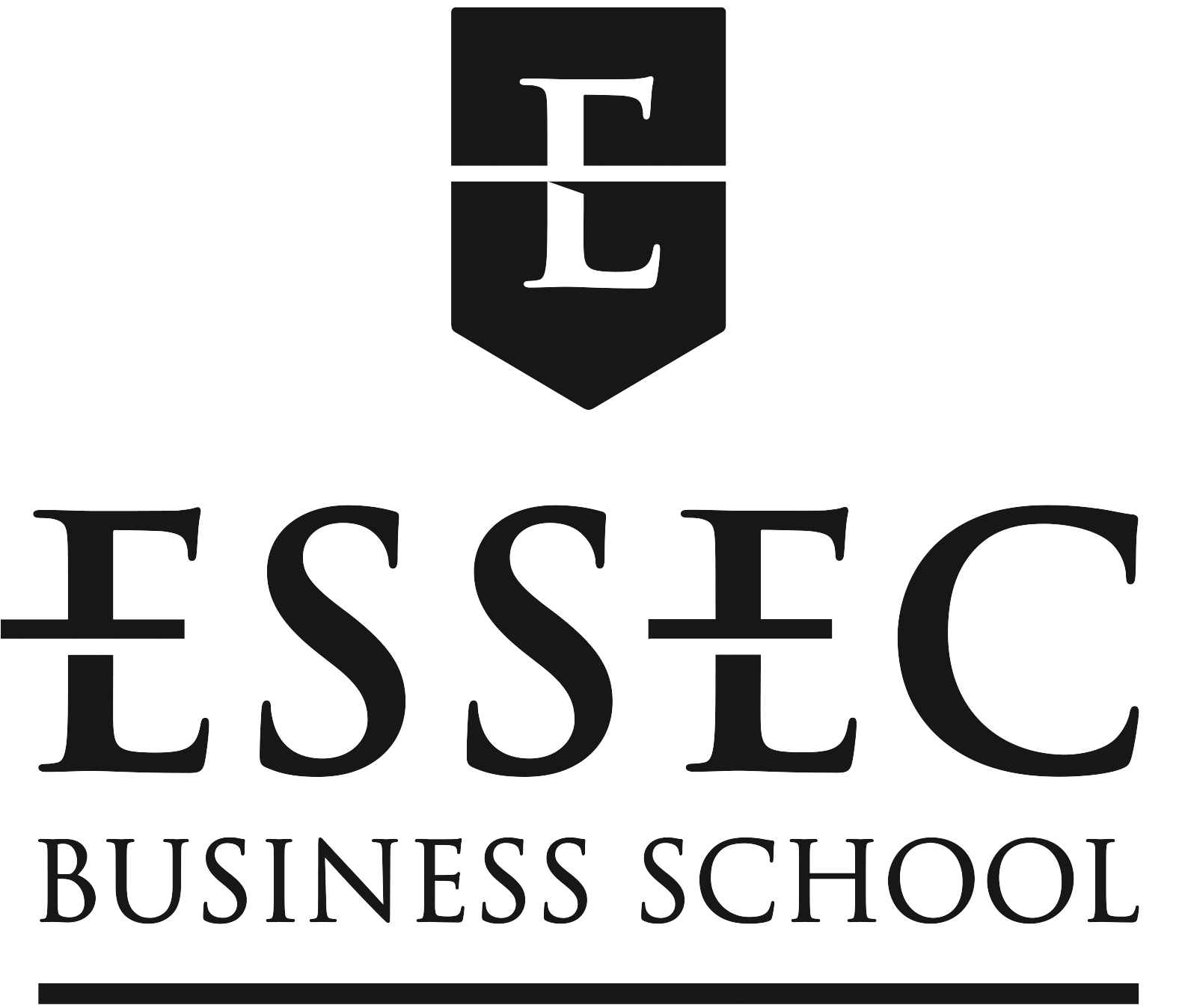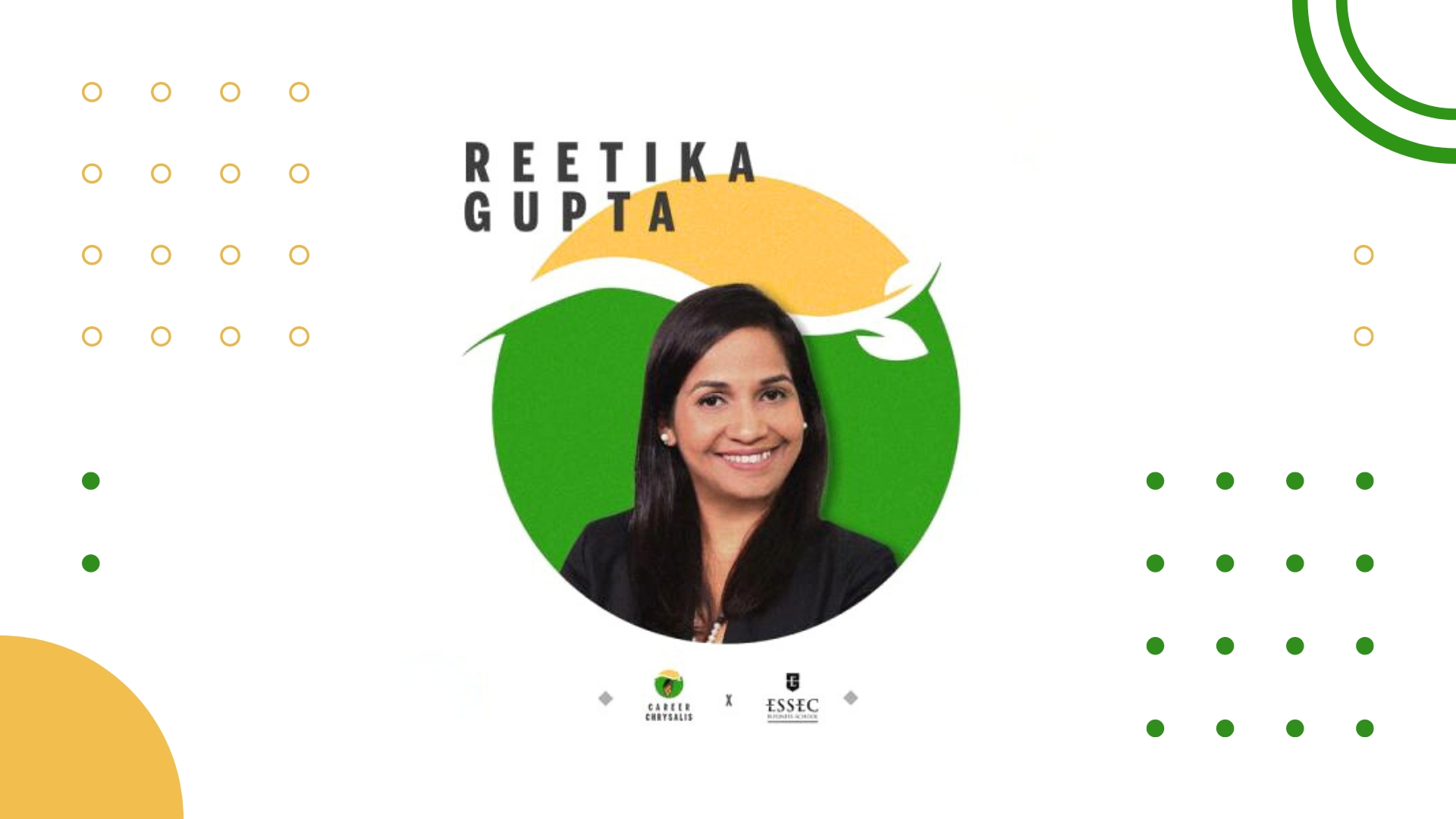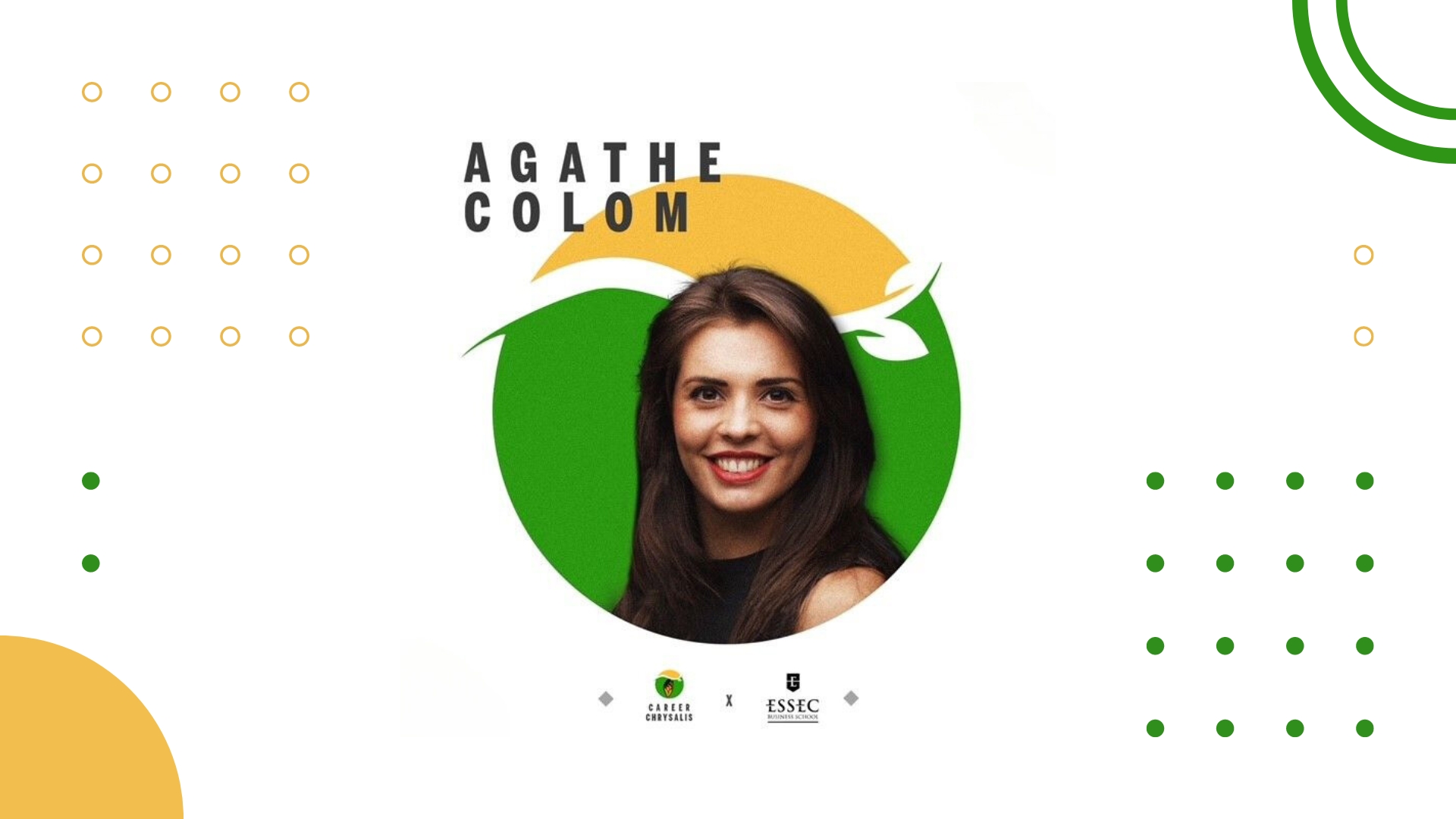This week, we will discuss one more critical preparation tip before we get into specific types of interview questions.
Last week, we delved into the importance of preparation. One more type of preparation can give you an edge over candidates: storytelling.
Preparing five to six interesting, relevant stories before the interview is essential.
Importance of Storytelling
Why is preparing stories important? If you have read stories, you can use them to answer various questions you may be asked.
They can be handy for specific questions—“Tell me about your biggest challenge” or open-ended questions—“Is there anything else you would like to share?”
Like our tip on resumes, answers that are interesting, specific, and can be quantified are much more memorable.
Structure Your Story
For behavioral-based interviews, the recommendation is to structure answers based on the STAR method: Situation, Task, Action, and Result (with the addition of lessons or learnings.)
This structure can be used for most interview stories to help you structure your story.
The structure is essential, but the real key is deciding on the impression you want to leave and telling stories that support it.
Impression of Your Story
After deciding on the impression you want to leave, you should prepare five to six stories focused on key events from your work, school, or extra-curricular activities.
If you prepare six stories, we recommend four be related to full-time work or internships (if you have work experience).
You should memorize your story sparingly, as it can sound stiff. By practicing multiple times in front of the mirror, you can make it natural and ensure that you leave the right impression.
Diversify Your Stories
Work-related stories will be most relevant, but extra-curricular stories can give you flavor and make you memorable.
For example, once, a student told an exciting and relevant story about skydiving during a mock interview.
He was trying to leave an impression related to his risk tolerance, which was quite suitable for the types of roles he wanted. Most importantly, he made himself memorable in a good way.
Likewise, work-related stories should be relevant and as enjoyable as possible. Specifics, details, and flow can ensure that the interviewer listens and remembers.
Conclusion
To recap, storytelling can be a powerful tool in an interview. Preparation of your stories can give you an advantage over other candidates.
The power of this approach is that you will have identified the impressions you want to make and critical events in your work and non-work life to answer any questions.
Preparing interesting stories will give you confidence when answering questions and, ultimately, stand out as a memorable candidate.
Learn more about developing a winning résumé, building a solid network, and other insights on professional growth from our regular Career Tips series.
RELATED POSTS
Career Transitions S3E7: Refresh Your Perspective to Accelerate Your Transition
Listen to the final episode of Career Transitions podcast in collaboration with ESSEC Asia-Pacific featuring hosts Vanessa Iloste and Vanessa Teo.
Career Transitions S3E6: Lifelong Learning and Career Strategies with Professor Reetika Gupta
Listen to the sixth episode of Career Transitions podcast in collaboration with ESSEC Asia-Pacific featuring Deputy Dean Reetika Gupta and hosted by…
MMD Study Trip in Hong Kong: Career Insights Abound at Global Business Hub
During the annual study trip, MSc in Marketing Management and Digital students from the class of 2024 gained valuable insights about different…
MiF Study Trip in Hong Kong: From Dynamic Markets to Global Sustainability
Master in Finance students from ESSEC explored Hong Kong's financial landscape, engaging with top institutions and industry leaders, gaining crucial…
Career Transitions S3E5: From Corporate Leadership to Sustainability with Anne Langourieux
Listen to the fifth episode of Career Transitions podcast in collaboration with ESSEC Asia-Pacific featuring alumnus Anne Langourieux and hosted by…
Career Transitions S3E4: Building Strong Connections with Agathe Colom
Listen to the fourth episode of Career Transitions podcast in collaboration with ESSEC Asia-Pacific featuring alumnus Agathe Colom and hosted by HR…







